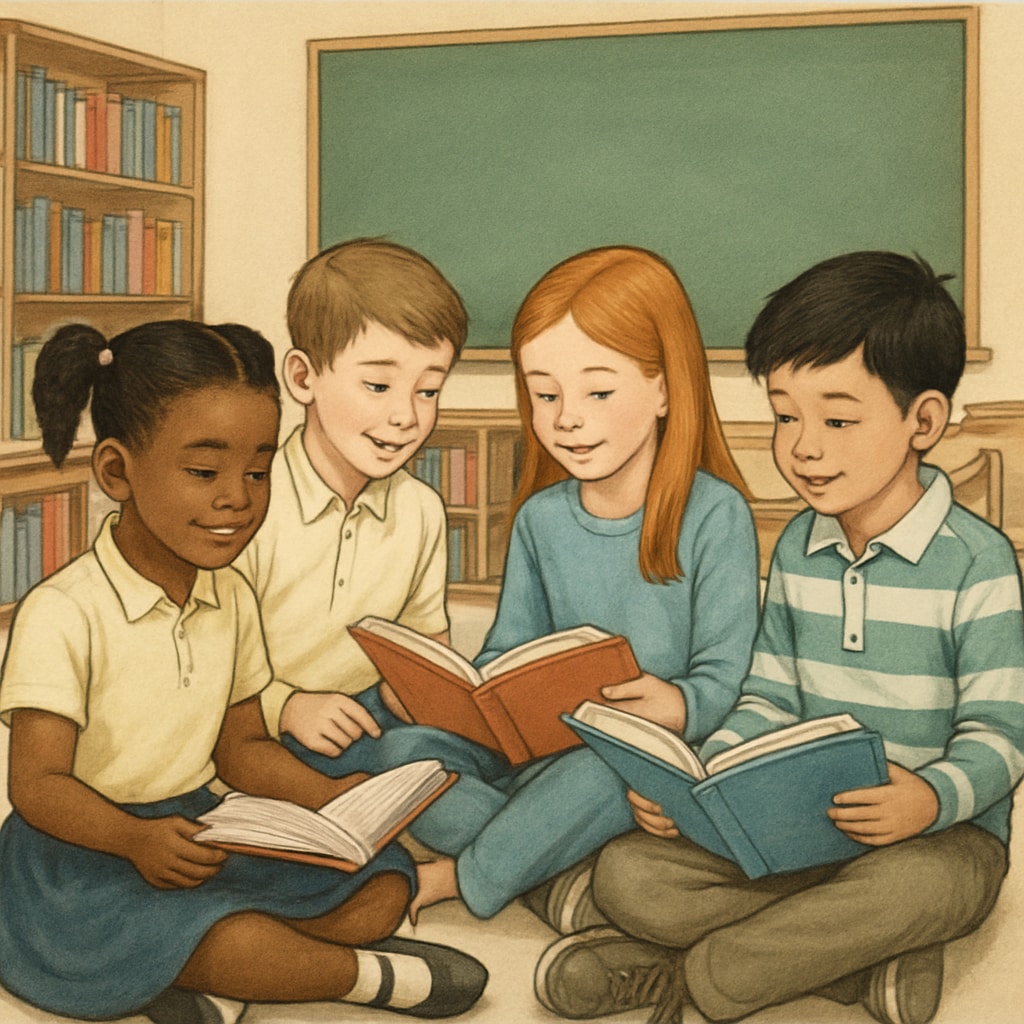Finding engaging and free tools for reading comprehension quizzes can be a challenge, especially when looking for alternatives to the popular Accelerated Reader (A.R.) points system. While A.R. has long been used to motivate kids through rewarding point accumulation, many schools and parents are seeking free options that maintain similar benefits. This article explores the advantages of the A.R. system, criteria for selecting substitutes, and useful free resources to inspire young readers.
Why Schools and Parents Value A.R. and Its Challenges
The Accelerated Reader (A.R.) program has been a staple in schools for years. It encourages children to read by assigning point values to books and rewarding students based on their quiz scores. This gamified approach has proven effective at boosting reading comprehension and tracking progress. However, the system comes with several limitations:
- Cost: A.R. requires schools to purchase licenses, making it inaccessible for some institutions.
- Limited Access: The system is often restricted to specific schools, leaving out homeschoolers or independent learners.
- Overemphasis on Points: Some educators argue that focusing solely on points may overshadow the joy of reading.
As a result, educators and parents are looking for free, flexible alternatives that still promote reading comprehension and motivation.

Key Features to Look for in a Free Reading Quiz System
When searching for an alternative to A.R., it’s essential to identify tools that align with the following criteria:
- Accessibility: The platform should be free and easy to use, allowing access for schools, homeschoolers, and families.
- Comprehensive Library: A diverse selection of books and quizzes ensures that children of all interests and reading levels are included.
- Engagement Tools: Features like badges, progress tracking, and gamification can keep kids motivated.
- Customizability: The ability to create your own quizzes adds flexibility and relevance to the program.
By focusing on these attributes, both educators and parents can find systems that not only replace A.R. but potentially offer an even richer reading experience for children.
Top Free Resources for Reading Comprehension Quizzes
Several platforms and tools provide excellent free options for reading quizzes. Below are some of the best picks:
- ReadWorks: A nonprofit platform offering free reading comprehension materials and quizzes for various levels.
- CommonLit: Provides a wide range of texts with built-in comprehension quizzes, ideal for classroom or home use.
- Khan Academy Kids: This app includes interactive stories and comprehension activities for younger children.
- Education.com: While primarily a paid service, it offers a selection of free worksheets and reading quizzes.
These platforms not only support reading practice but also offer additional tools to track progress and target specific skills.

How to Create Your Own DIY Reading Quiz System
If pre-existing platforms don’t meet all your needs, creating your own reading quiz system can be an effective alternative. Here’s how:
- Choose a Book: Select books that align with the child’s interests and reading level.
- Draft Questions: Create a mix of multiple-choice and open-ended questions. Focus on key elements like main ideas, vocabulary, and themes.
- Use Free Tools: Platforms like Google Forms or Kahoot allow you to create and share quizzes easily.
- Incorporate Rewards: Establish a reward system to keep kids motivated. For example, earning badges or extra screen time for completing a set number of quizzes.
This DIY approach offers flexibility and personalization, ensuring the quizzes match the child’s unique learning needs.
The Future of Reading Motivation
Transitioning from A.R. to free alternatives can open doors to more inclusive and adaptable reading programs. Whether through established platforms or DIY systems, the ultimate goal remains the same: fostering a lifelong love of reading. By leveraging the right tools and approaches, educators and parents can ensure that children not only improve their reading comprehension but also find joy and curiosity in the written word.
For more information on reading strategies and tools, check out resources like the Encyclopaedia Britannica or Wikipedia’s literacy page.


